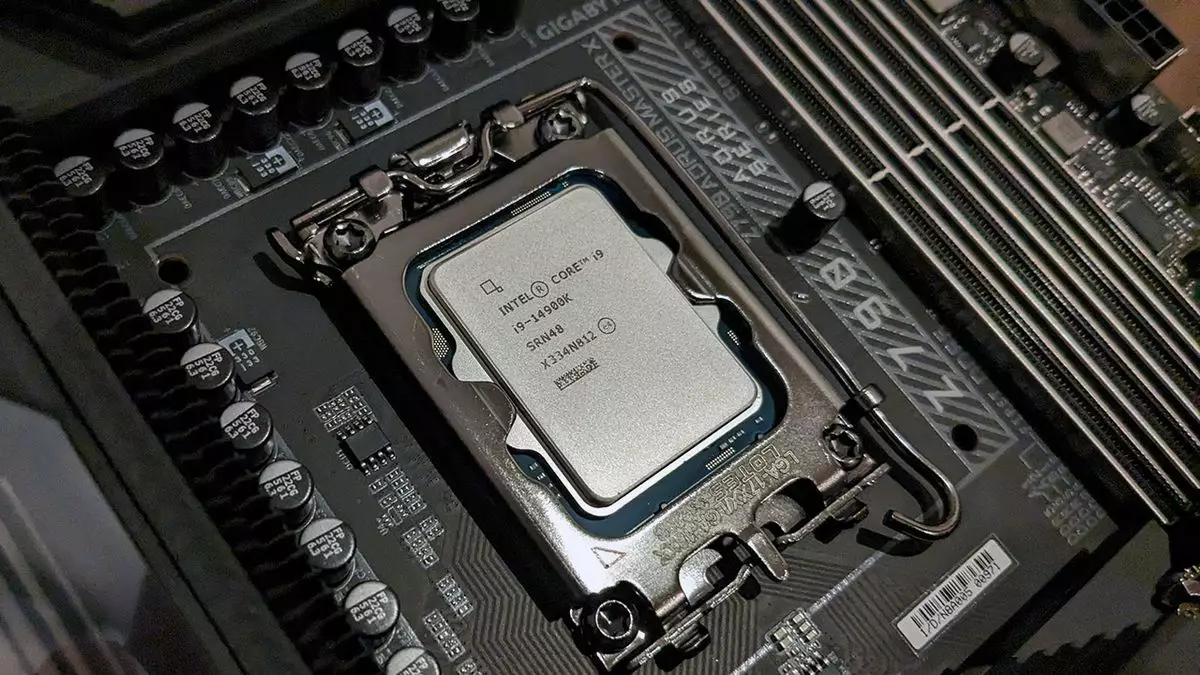Intel has been grappling with stability issues plaguing its 13th and 14th Gen processors, as highlighted in recent coverage by various tech analysts. The ongoing investigation by Intel has been closely monitored, with the promise of an update by the end of September. However, amidst these challenges, there is a glimmer of hope on the horizon with Intel’s announcement that its next-generation processors, codenamed Arrow Lake and Lunar Lake, remain unaffected by the Vmin Shift Instability issue.
The recent blog post by Intel, as reported by Tom’s Hardware, offers reassurance to owners of 12th Gen, 13th Gen, and 14th Gen mobile processors, as well as i3 and i5 (non-K) processors, Xeon, and Core Ultra Series 1 processors. This announcement brings a sigh of relief for many Intel users who were concerned about the ongoing stability issues.
While the news of Arrow Lake and Lunar Lake processors being free of Vmin stability issues is a welcome one, it is crucial for Intel to remain vigilant in its testing and quality control processes. The repercussions of a recurrence of such issues could be catastrophic for Intel’s reputation in the industry. With the impending launch of these next-gen chips, Intel is likely intensifying its stability tests to ensure a seamless user experience.
The recent challenges faced by Intel raise important questions about the trade-offs between performance and stability in the design of processors. It remains to be seen whether Intel had to make sacrifices in terms of next-gen performance to address the stability issues in its current lineup. The architectural and platform-level changes implemented by Intel to rectify these issues will be of interest to tech enthusiasts and industry experts alike.
As Intel navigates through these turbulent waters, it is essential for the company to learn from its past mistakes and emerge stronger than before. The fallout from the stability issues may have dented Intel’s reputation, but the way forward involves a strategic focus on quality control and transparency with users. By addressing the root causes of these problems and communicating effectively with consumers, Intel can rebuild trust and credibility in the market.
The reassurance provided by Intel regarding the stability of its next-gen processors is a positive development in light of recent challenges. The lessons learned from this experience will undoubtedly shape the company’s future strategies and approach towards product development. With a renewed emphasis on stability and performance, Intel is poised to overcome the setbacks and emerge as a resilient player in the tech industry.


Leave a Reply